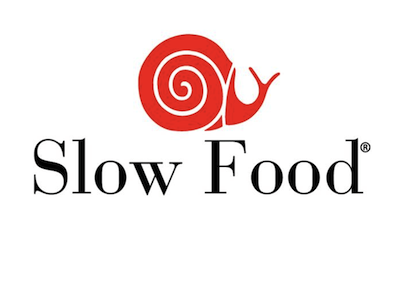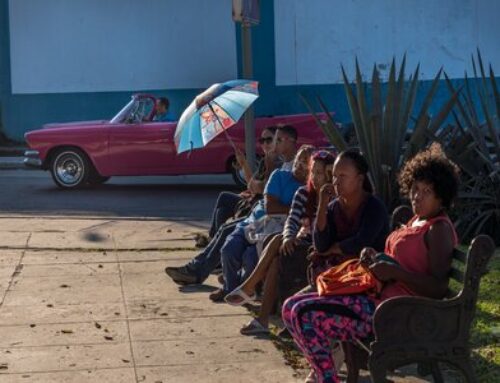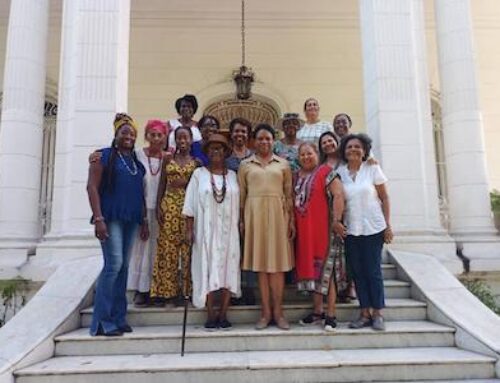Cuba | Cuba's Organic Revolution
Learn about Cuba from Cubans. This tour will show you the dramatic transition into agroecological farming practices and the institutions that made this shift possible. We will see firsthand what happens when national policy prioritizes organic farming and remediating hunger.
The Cuban revolution in 1959 brought sweeping land reforms and social programs aimed at eradicating rural poverty. However, agricultural policies were deeply influenced by the global trend toward industrial agriculture known as the Green Revolution. The negative effects of the Green Revolution eventually began to show despite the social protections put in place by the Cuban government. In 1956, 56% of the population was rural. By the mid-1990s that number had dropped to just 20%. Ecological degradation was also apparent in the form of large-scale deforestation and soil erosion.
With rising global fuel prices and increased awareness of the harm caused by industrial agriculture, Cuba began establishing research centers to focus on organic production in the 1970s. The gradual shift away from high input farming methods in the 70s and 80s, however, was insufficient to address the crisis that befell Cuba in 1989. With the collapse of the Soviet Union came an abrupt end to Cuba’s primary trade relationship. Its access to agricultural inputs ended overnight, propelling Cuba into what is now known as the “Special Period.” Imports plummeted and hunger escalated. To combat the crisis, the nation embarked on a massive and rapid conversion to agroecological agriculture in an attempt to simultaneously reduce inputs (petroleum and agrochemicals) and boost food production.
Tour Price
$2990 double occupancy
$350 single supplement
Trip Itinerary
View Trip Itinerary Here






